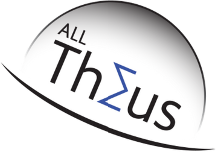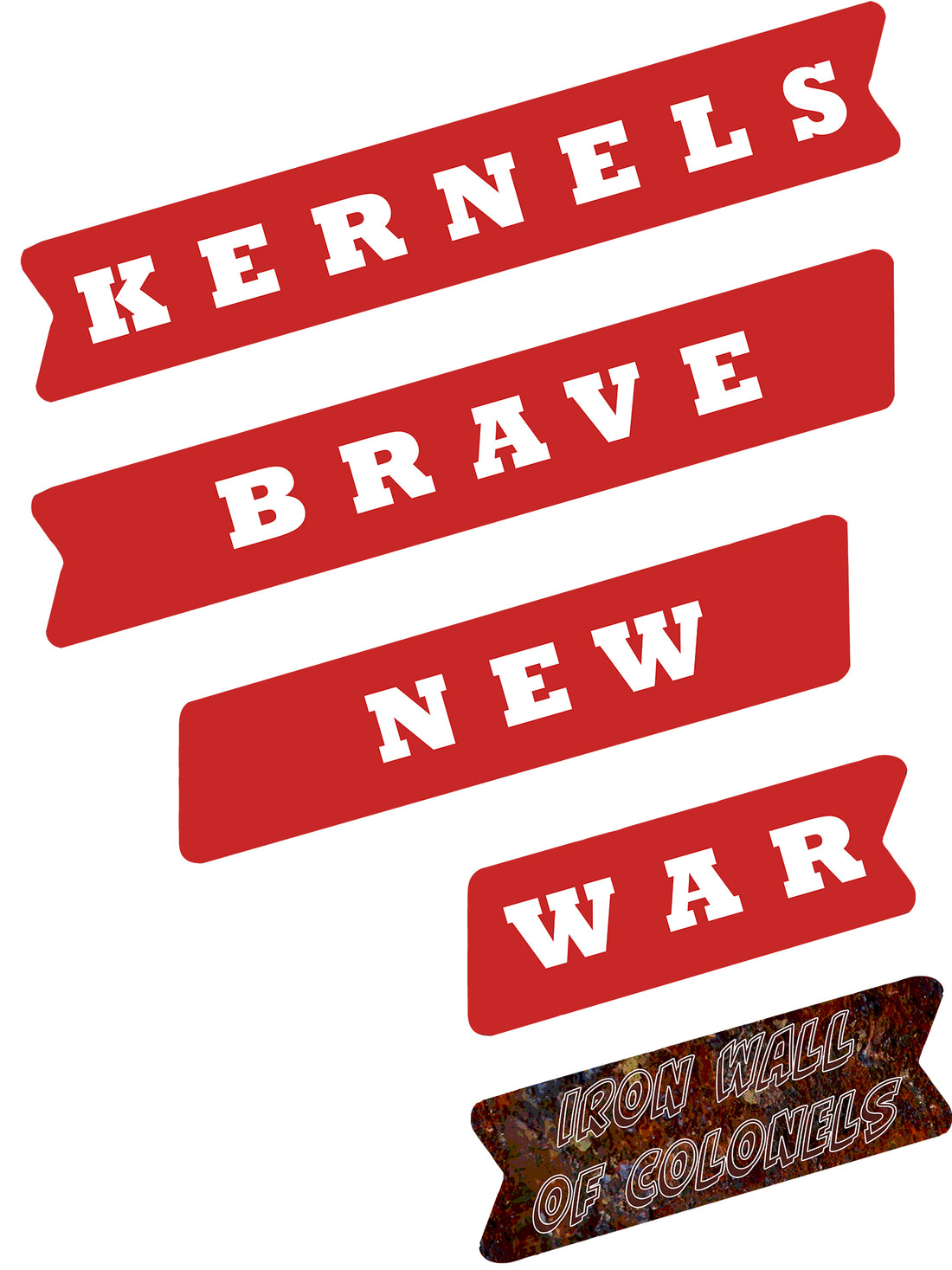The 10th November is the UNESCO World Science Day for Peace and Development one of Alltheus’s favourites.
It highlights science’s critical societal role particularly with the 2021 theme of building climate-ready communities in the context of the Glasgow COP26 gathering.
Science broadens our understanding of the remarkable, fragile planet we call home and the universe we inhabit as well as showing us the dangers of continuing to burn ‘buried sunshine’ (petrochemicals) and accumulating greenhouse gases.
Science is also showing us, with engineering and technology, ways to transition to a more sustainable civilisation. The day's peaceful angle also appeals, encouraging us to redirect activity and funding from armaments to far more productive and constructive uses. This in turn lessens the risk of climate change-related conflict.
Phillip Adams discusses weaponised social media on his Late Night Live ABC podcast here with Kevin Foster, Associate Professor and Head of the School of Languages, Literatures, Cultures and Linguistics at Monash University. Kevin also has two books on the subject:
- ‘Anti-social media: conventional militaries in the digital battle space’ (MUP)
- ‘Don’t mention the war: The Australian Defence Force, the Media and the Afghan conflict’ (2013, Monash University Press)
In a similar vein Mark Pesce's Next Billion Seconds covered brave new wars with John Robb here but also take a wander through John Robb’s Global Guerrillas blog and or read his book Brave New War.
Our related Design Themes “Eco”, "Social Media" & “War - What is it good for?” and their associated Design Backstories continue to explore these ideas (including links to Mark Pesce's series on transitioning to a lower carbon emission and more sustainable world).
As always just email us at contact@alltheus.com if you would can't find the Design Backstory links.
The "Kernels Brave New War" design backstory is reproduced below:
A Brave New World with Brave New War?
In this design of our social media collection we look at its role in how wars are and may be fought.
Foreword
“The kernel is the essential center of a computer operating system (OS). It is the core that provides basic services for all other parts of the OS. It is the main layer between the OS and hardware, and it helps with process and memory management, file systems, device control and networking.”
The word colonel derives from the same root as the word column (Italian: colonna) and means "of a column", and, by implication, a colonel is a "commander of a column". A colonel is the highest field-grade officer, ranking just below the general officer grades in most armies.
In the late 1960’s Marshall McLuhan (of “Medium is the message” fame) said that the next world war would have no dividing line between military and civilians - they would all be intimately involved in a guerrilla information war. Warfare has shifted online notably in the Israeli / Palestinian and Afghanistan conflicts and even in the absence of armed conflict there is sovereign cyber attacks using both official and unofficial agents. And while the ultimate high ground of space is obvious with the internet of things (IOT) the cyberphysical world will increase as a virtual theatre of conflict.
However the major powers military forces are still largely geared to fighting with large, centrally organised bureaucratic war machines as they tentatively explore this newer type of warfare. The old rusty iron wall of the colonels needs to accede to the kernels of increasingly pervasive and persuasive distributed network systems with their civilian and military cybertroops potentially battling whatever battle they are involved in.
It has been said that open source insurgency can pick a plausible promise to resonate and unite followers and become extremely powerful – witness the events in Washington D.C in January 2021. And herein lies another danger of our social media where hate has become an asset class used to harvest attention and engagement, not to form social cohesion and sharing, but corroding community’s social bonds with echochambers of confirmed bias emotively conjugating facts, fictions and framing rather than rich, nuanced discussion and debate. The world wide web – a complex machine unmatched in its potential to capture and share information and truth – risks being drafted into a war waged with words against reason, rationality, fairness and equity.
Some Interesting discussion can be found in the podcasts above and there are many articles on line wrestling with the issues. However it the nature of bureaucracies, be they in warfare, health, education, tax, law, energy or other, to move slowly compared with the pace of current technological, consumer and commercial activity.
Hopefully we will all, including our bureacracies, be galvanized to speed up our transition to a cleaner, more sustainable society with the help of STEAM.
#ScienceDay

